Code of Procedure changes adopted
The ruling majority has pushed through amendments to the Code of Procedure, aimed at hastening and streamlining legislative procedures.
Tuesday, 17.02.2009.
12:53

The ruling majority has pushed through amendments to the Code of Procedure, aimed at hastening and streamlining legislative procedures. 127 MPs from the ruling majority, which proposed the amendments with the aim of making parliament's work more expeditious, voted in favor of the modifications. Code of Procedure changes adopted Christian Democratic Party MP Vladan Batic voted against, while MPs from the opposition parties did not attend the vote. The amendments will take effect on the day of their publication in the Official Gazette. Batic said that the amendments would not improve parliaments’ work and that harsher sanctions were required for MPs infringing the Code. He advocated fines for MPs in breach of the Code, stating that this was “the only language that the majority of MPs would understand, as they are there for the money, not for the citizens’ interests.” After the vote, he said that the opposition should have been in the chamber to express its position on the changes. “I voted against because I think this is an attempt to curb opposition MPs’ rights that won't have any results,” said the Christian Democrat MP, the only member of the opposition to attend today’s vote. Batic said that the changes would have no effect, as they would not prevent mid-statement objections, and would lead to many more amendments being proposed as the time available for debating them had been reduced. Parliament (Beta, archive) Deputy speaker on Code changes Deputy Speaker Gordana Comic says that she hopes that the new Code of Procedure will bring some order to the parliament. MPs are expected to debate the proposed amendments to the Code, geared towards speeding up the legislative process. The ruling coalition proposed the changes with a view to passing the necessary European laws faster, but opposition parties believe that their democratic rights are being stripped by the new rules. Comic told B92 that parliament was beset with unpleasant situations. She said that the new Code would be more effective, because there were clearly defined time limits on speaking and less scope for abuse of the rules. “What is permitted has been made clearer, as has what is absolutely not permitted. The time for amendments has been cut, while the conditions under which MPs may ask the speaker for permission to address parliament out of turn, owing to a perceived breach in procedure, have been fully outlined,” the deputy speaker explained. “This is a temporary change of the Code because a Constitutional obligation awaits for passing a new Law on the National Parliament, and then a brand new Code of Procedure that’s in accordance with the Constitution and the law,” Comic said. Speaking of the blockade in parliament, she said that obstruction was legitimate in parliamentary life, but should not impede the work of MPs without good reason. Comic said that, currently, the most severe punishment for obstruction was the expulsion of MPs from sessions. “There are two warnings, then they are no longer allowed to speak, and after that they are removed from the session, and these steps can only be skipped in serious incidents such as when Srboljub Zivanovic was removed,” she said, in reference to Thursday's incident when the Serb Radical Party MP physically attacked one of his Serb Progressive Party counterparts on the parliamentary premises. “But Velimir Ilic was not removed, because you have to react during a statement and give him a first and second warning every time before having him removed,” she explained. As far as direct broadcasts of parliamentary proceedings are concerned, Comic said that the public must know what is going on in parliament, but that meetings of parliamentary committees should be broadcast as well, as the debates on laws there were much more substantive. The proposed changes to the Code of Procedure envision reducing the time for discussing laws to five hours, amendments to two minutes, and 15 minutes for party whips. MPs would have three hours each month to pose the government questions and MP whips would have five minutes to raise new topics on Tuesdays and Thursdays.
Code of Procedure changes adopted
Christian Democratic Party MP Vladan Batic voted against, while MPs from the opposition parties did not attend the vote. The amendments will take effect on the day of their publication in the Official Gazette.Batić said that the amendments would not improve parliaments’ work and that harsher sanctions were required for MPs infringing the Code.
He advocated fines for MPs in breach of the Code, stating that this was “the only language that the majority of MPs would understand, as they are there for the money, not for the citizens’ interests.”
After the vote, he said that the opposition should have been in the chamber to express its position on the changes.
“I voted against because I think this is an attempt to curb opposition MPs’ rights that won't have any results,” said the Christian Democrat MP, the only member of the opposition to attend today’s vote.
Batić said that the changes would have no effect, as they would not prevent mid-statement objections, and would lead to many more amendments being proposed as the time available for debating them had been reduced.
Deputy speaker on Code changes
Deputy Speaker Gordana Čomić says that she hopes that the new Code of Procedure will bring some order to the parliament.MPs are expected to debate the proposed amendments to the Code, geared towards speeding up the legislative process. The ruling coalition proposed the changes with a view to passing the necessary European laws faster, but opposition parties believe that their democratic rights are being stripped by the new rules.
Čomić told B92 that parliament was beset with unpleasant situations.
She said that the new Code would be more effective, because there were clearly defined time limits on speaking and less scope for abuse of the rules.
“What is permitted has been made clearer, as has what is absolutely not permitted. The time for amendments has been cut, while the conditions under which MPs may ask the speaker for permission to address parliament out of turn, owing to a perceived breach in procedure, have been fully outlined,” the deputy speaker explained.
“This is a temporary change of the Code because a Constitutional obligation awaits for passing a new Law on the National Parliament, and then a brand new Code of Procedure that’s in accordance with the Constitution and the law,” Čomić said.
Speaking of the blockade in parliament, she said that obstruction was legitimate in parliamentary life, but should not impede the work of MPs without good reason.
Čomić said that, currently, the most severe punishment for obstruction was the expulsion of MPs from sessions.
“There are two warnings, then they are no longer allowed to speak, and after that they are removed from the session, and these steps can only be skipped in serious incidents such as when Srboljub Živanović was removed,” she said, in reference to Thursday's incident when the Serb Radical Party MP physically attacked one of his Serb Progressive Party counterparts on the parliamentary premises.
“But Velimir Ilić was not removed, because you have to react during a statement and give him a first and second warning every time before having him removed,” she explained.
As far as direct broadcasts of parliamentary proceedings are concerned, Čomić said that the public must know what is going on in parliament, but that meetings of parliamentary committees should be broadcast as well, as the debates on laws there were much more substantive.
The proposed changes to the Code of Procedure envision reducing the time for discussing laws to five hours, amendments to two minutes, and 15 minutes for party whips.
MPs would have three hours each month to pose the government questions and MP whips would have five minutes to raise new topics on Tuesdays and Thursdays.











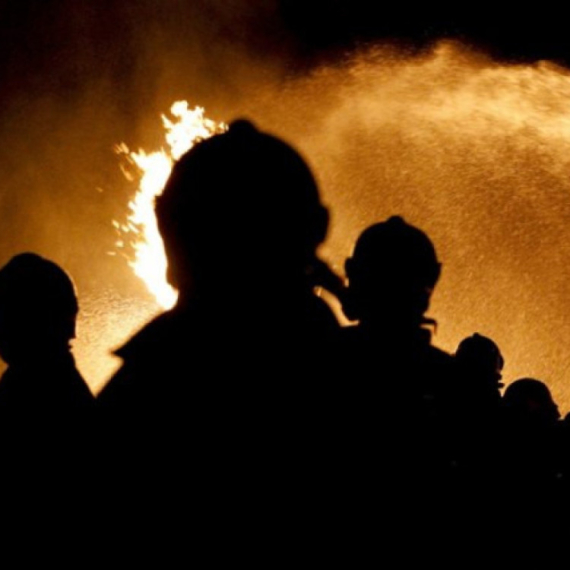


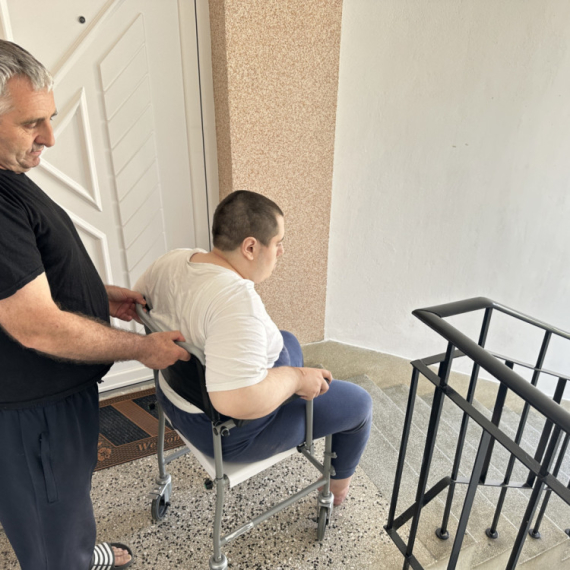
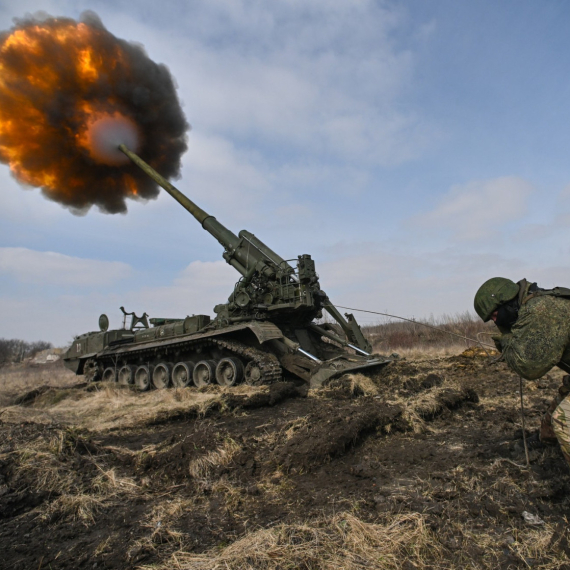
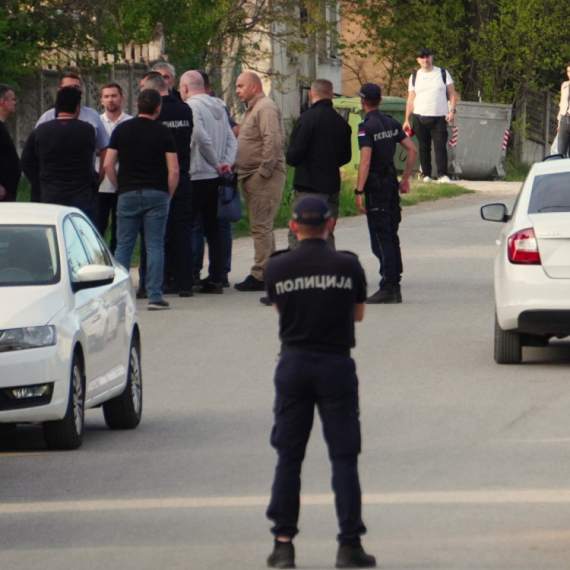
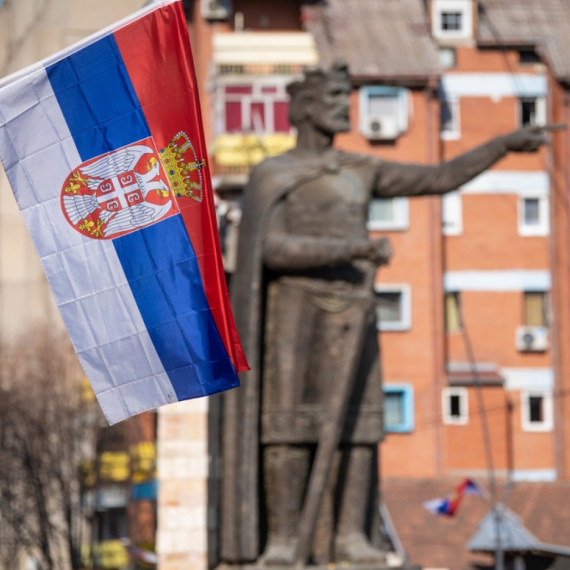




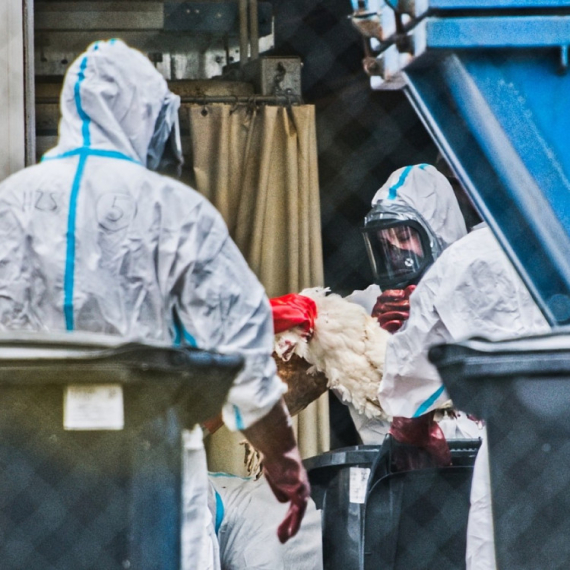



































Komentari 0